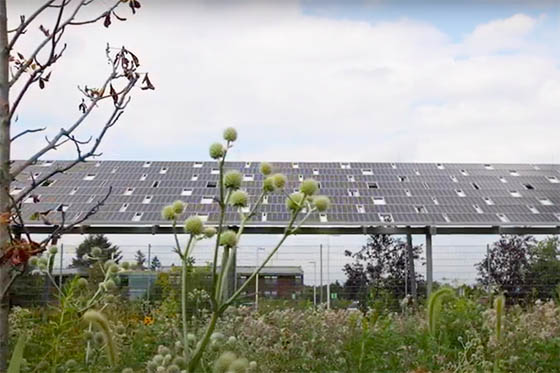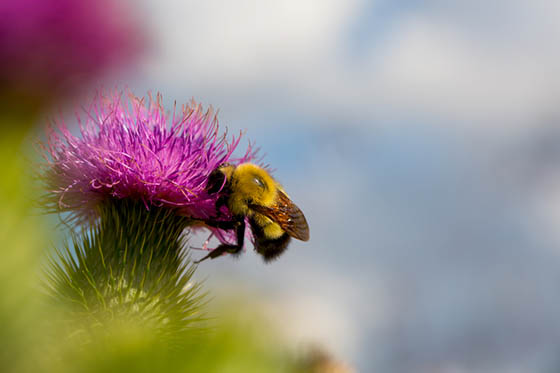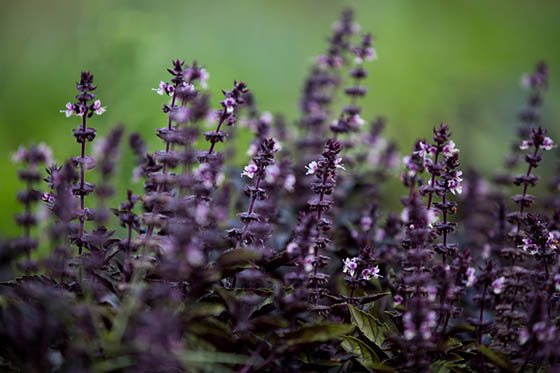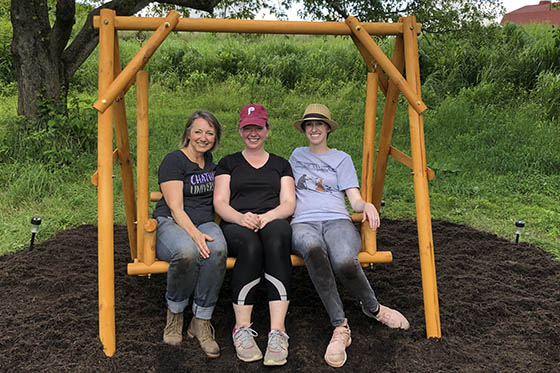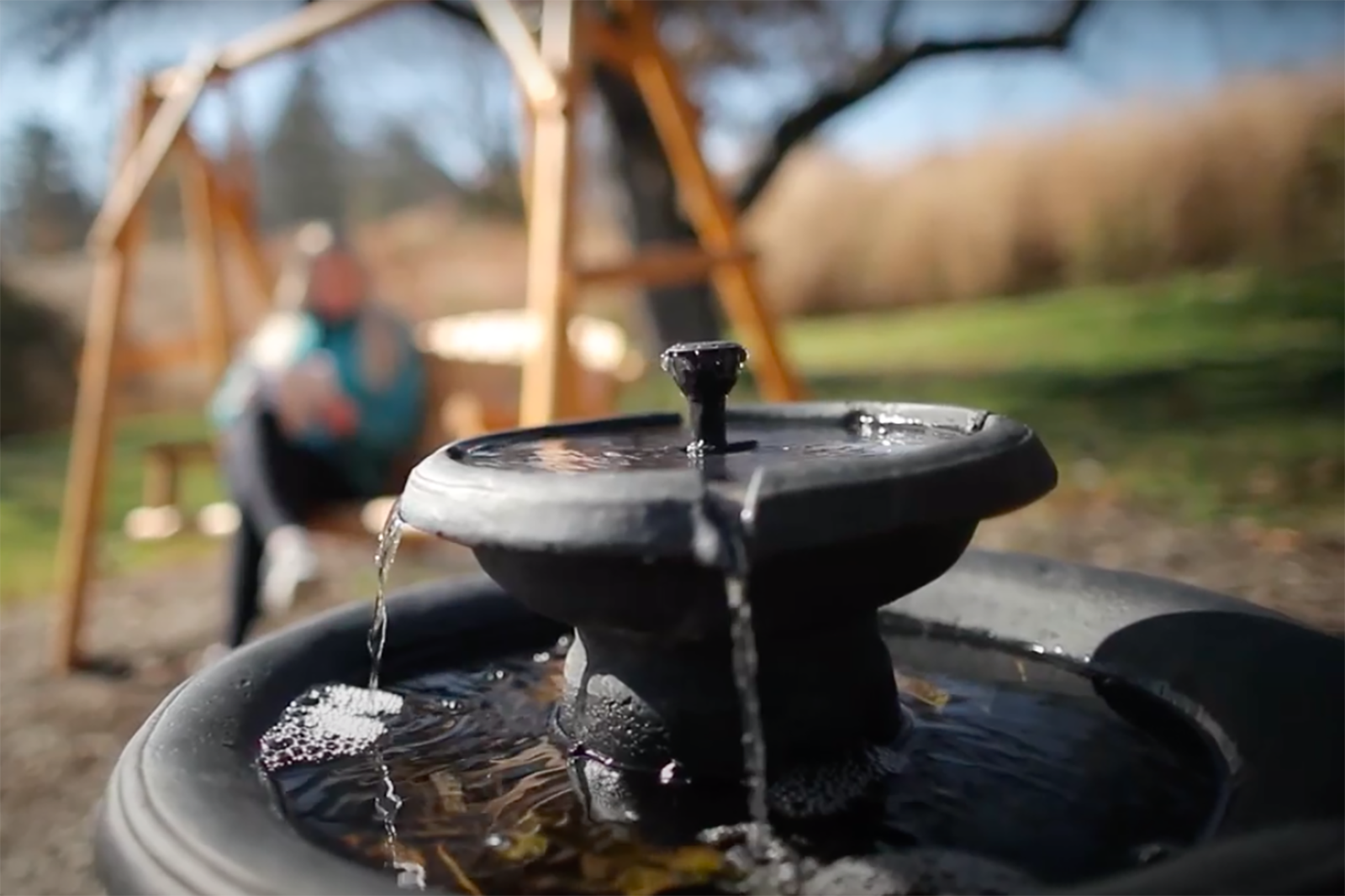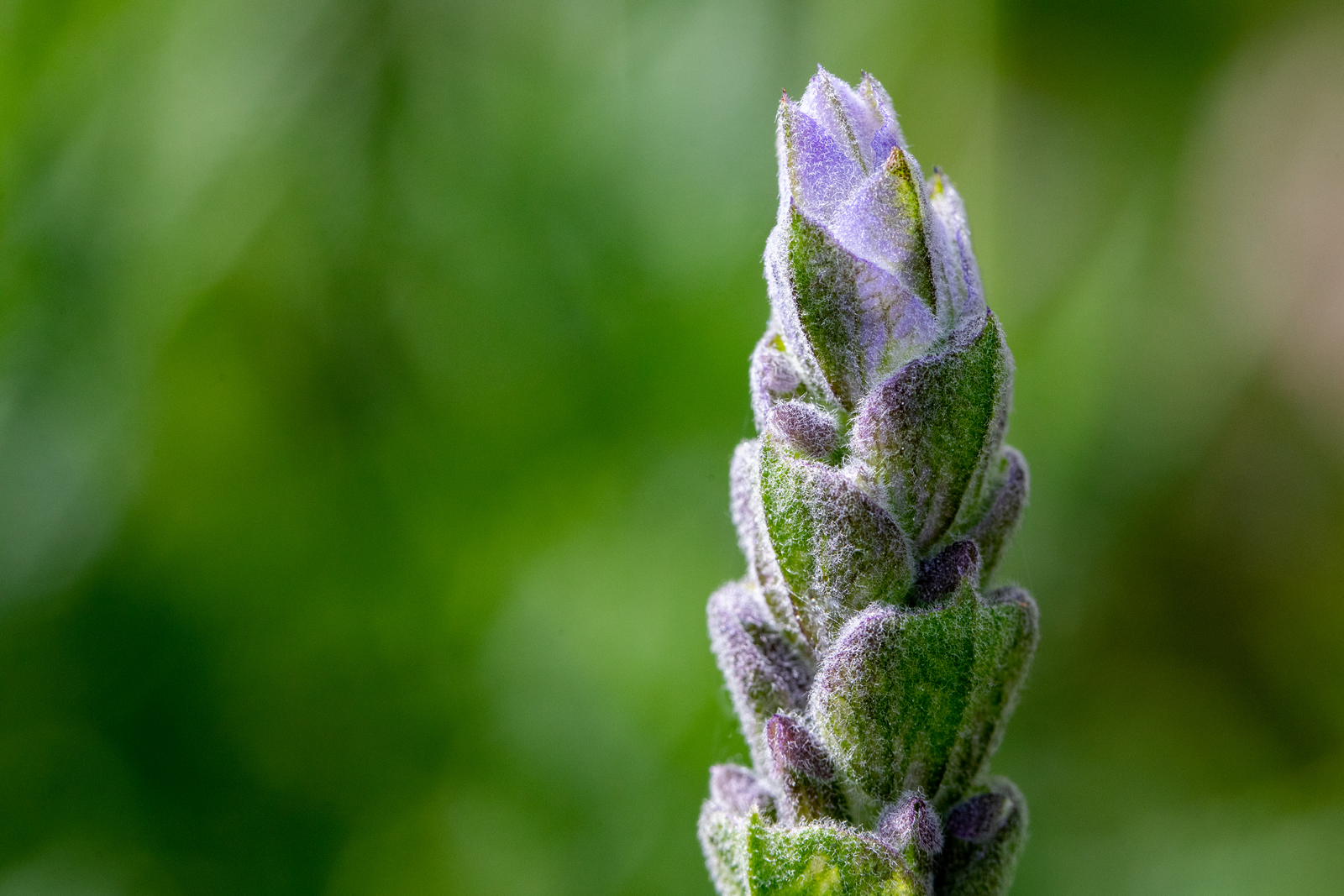What is a Sensory Garden?
Sensory gardens incorporate plants and trees you might expect in any garden, but with the specific intention of heightening a sensory experience. Plants are chosen for their tactile properties and aromas, the sounds they make in the wind, as well as their visual appeal. “Hardscape” elements like seating, pathways, water features, and signage are also incorporated to enhance sensory experiences and provide added comfort and interest.

